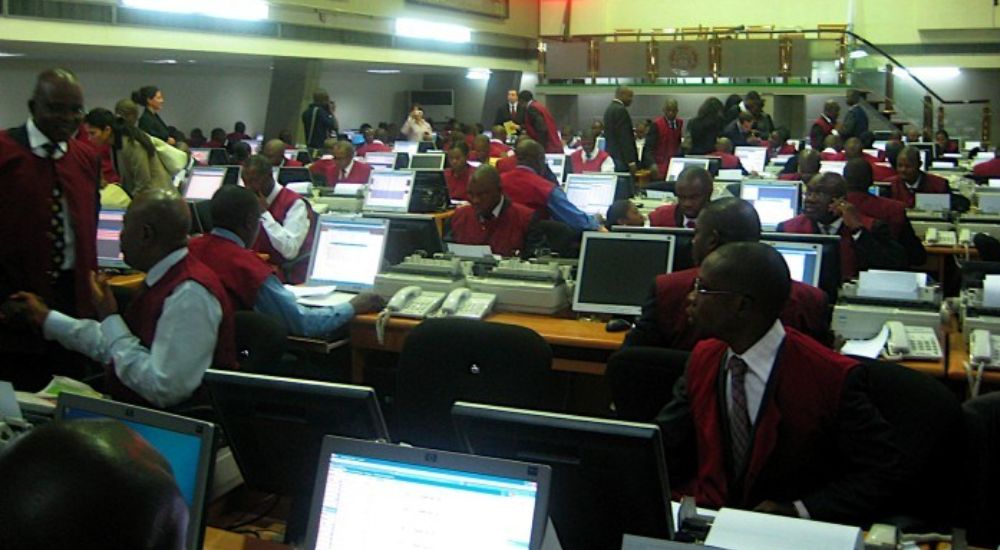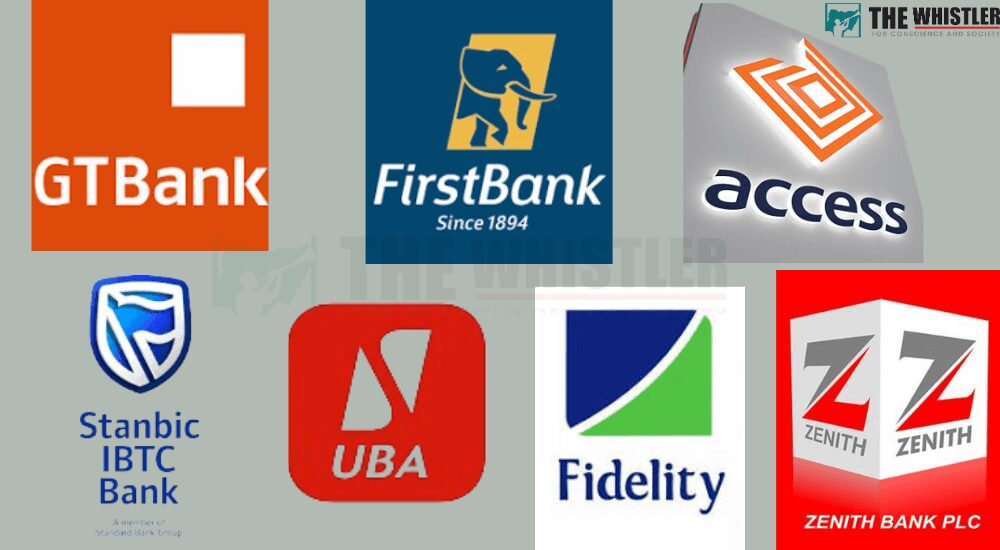FG Raises N398bn From Bond Market As High Yields Drive Investor Sentiments

The Nigerian fixed income market witnessed heightened investor activity in April 2025, as the Debt Management Office (DMO) raised a total of ₦397.90bn from Federal Government of Nigeria (FGN) bonds.
This represents a notable 46.70 per cent month-on-month increase from the ₦271.23bn recorded in March, according to the latest FMDQ Markets Monthly Report.
This surge in bond sales comes against the backdrop of a persistently high-interest rate environment, underpinned by the Central Bank of Nigeria’s (CBN) continued monetary tightening to combat inflationary pressures.
Following its 300th Monetary Policy Committee (MPC) meeting held in Abuja, the apex bank maintained the Monetary Policy Rate (MPR) at 27.5 per cent.
This decision, announced by CBN Governor Olayemi Cardoso during the post-MPC briefing, underscores the regulator’s commitment to price stability.
The elevated MPR has significantly boosted the appeal of fixed-income instruments, including FGN bonds, treasury bills, and OMO bills, as they now offer comparatively higher yields.
In a climate of economic uncertainty and inflationary strain, both institutional and retail investors are increasingly turning to these securities as a safe and rewarding investment option.
Market analysts suggest that the CBN’s hawkish policy stance is likely to persist in the near term, further solidifying the attractiveness of sovereign debt instruments.
“Higher interest rates translate into more lucrative returns on government securities, which is why we are seeing consistent oversubscription in bond and bill auctions,” an economist, Mr Dele Abiodun, commented.
In April 2025, the DMO also raised ₦1.145tn through the sale of Treasury bills, although this marked a 59.42 per cent decline from the ₦2.82tn sold in March.
Despite the drop in issuance, investor appetite remained strong. FGN bonds and treasury bills were oversubscribed by 41.70 per cent and 122.37 per cent, respectively, reflecting robust demand.
Similarly, the CBN recorded strong market participation through its sale of Open Market Operation (OMO) bills, with a total of ₦1.812tn issued in April—an 8.11 per cent increase from March.
These instruments were oversubscribed by 63.23 per cent, indicating persistent investor confidence in high-yield, short-term government debt.
In contrast, activity in the corporate debt market moderated. Only one corporate bond worth ₦8bn was listed on the FMDQ Exchange in April, while a ₦100bn corporate bond matured and was redeemed.
This led to a 4.05 per cent reduction in the total outstanding value of non-sovereign bonds, which now stands at ₦2.18tn.
The commercial paper (CP) market also saw a significant contraction. The total value of CPs quoted in April declined by 85.50 per cent to ₦60.58bn from ₦417.73bn in March. Additionally, CP maturities amounting to ₦91.51bn led to a 2.99 per cent reduction in the outstanding value of CPs to ₦1trn.
Most CP issuances during the period were from the financial services, oil and gas, and real estate sectors.
Meanwhile, secondary market activity on the FMDQ Exchange declined to ₦45.71tn in April, reflecting a 21.47 per cent drop compared to March.
However, on a year-on-year basis, turnover rose by 66.22 per cent. Transactions in the Foreign Exchange (FX) and CBN Bills segments continued to dominate the secondary market, jointly accounting for 70.01 per cent of total turnover.
Overall, the fixed-income market continues to benefit from Nigeria’s high-interest-rate climate, offering compelling returns and safety to investors.
As inflationary concerns persist, market participants are expected to maintain their strong demand for government securities, further reinforcing the sector’s pivotal role in Nigeria’s financial landscape.
FG Raises N398bn From Bond Market As High Yields Drive Investor Sentiments is first published on The Whistler Newspaper




